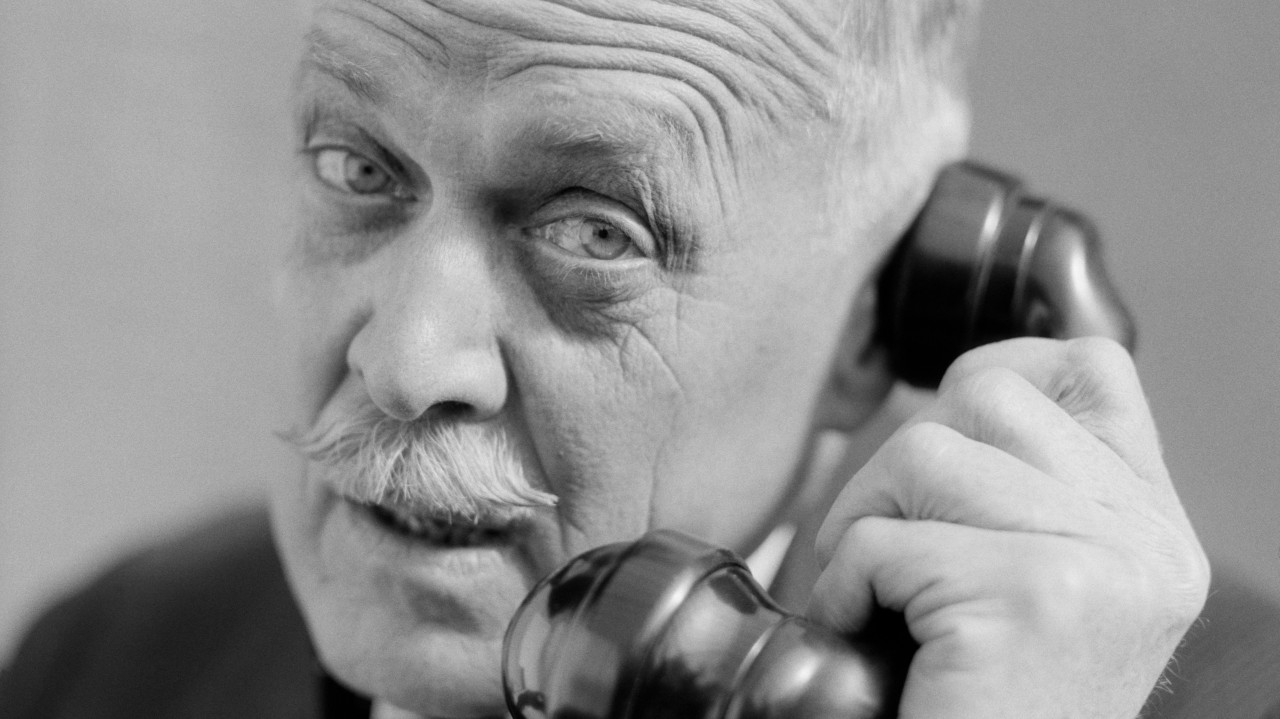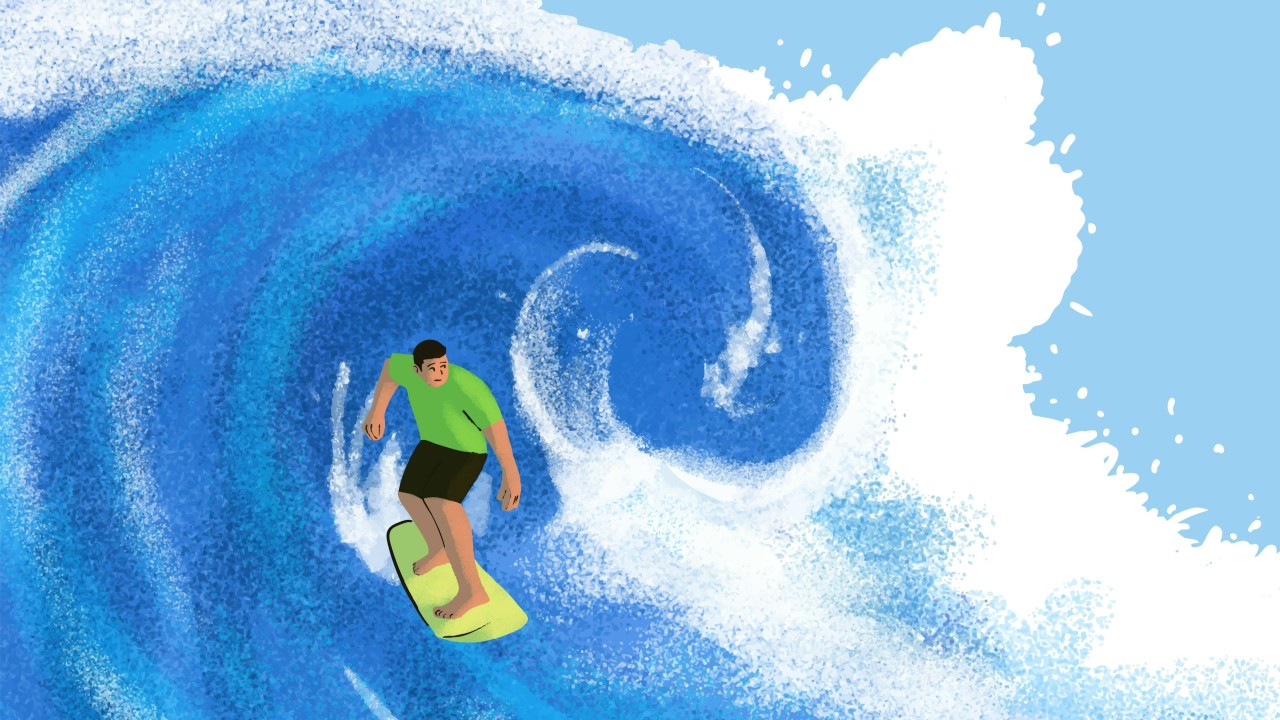Here’s one I heard recently: If you truly want to suffer, focus on the things you don’t have. If you want to enjoy, focus on what you do have.
Suffering and discontentedness is always a choice. Who suffers consciously and purposefully and actually schedules it on their calendar? Of course, no one. When you slip into the “I suck; why don’t I have this or that? Why am I not on the cover of Time magazine?” it is the result of inadvertence. I’ll never believe anyone suffers consciously and plans to do so. It’s always because your attention has gone there.
The cool thing about attention is that you can re-direct it somewhere else. As Anthony Robbins suggests, “Break the state.” Re-focus your attention.
A client shared that he was stuck in a state of inadvertence and giving to much attention to default activities, like scrolling. He charted it, so he could bring his attention to more of the things that served him, like reading and exercise. He developed a list of seven or eight things that he tracked daily for about a week – the things that supported his design, including tracking exercise, caloric intake, time spend reading. He saw results in about a week and half.
Get back to the basics and get back to discipline. None of the things my client was tracking was earth-shattering. All small things that add up over time as they always do. That said, there must be structure. My client noted – and you have probably discovered for yourself – that when attention is diverted, stuff goes sideways pretty quick. My client created structure around developing a habit: When he had the urge to scroll, he picked up a book instead.
Working your structure or formula for a week or so will reveal things to you that cannot perceive on the first day. For example, you will see things after eight days that you could not see on day one. Now, go from eight days to 80 days and imagine where you will be. And then go to 800 days. Imagine where you’ll be and what you’ll be achieving. This is the foundation of the idea that “way leads on to way.” There will be a visceral understanding that structure truly does set you free.
Back to the example of scrolling. Although you might see a post from a friend or relative or stumble upon a motivational meme, you have to admit that most of it is crap. And it will not only divert your attention, it will take your mind to a place that won’t serve you. For example, if I see an Instagram post of someone who got a new G4, I think that’s cool; however, I also begin to ask, “Why don’t I have a G4? That would be so cool and no more TSA delays and hassles.” It’s the result of inadvertence, and then attention also begins to go in that direction. In this case, a small sense of suffering. The problem: Whatever you give attention to, you get more of.
Honestly, success isn’t really about being focused. It’s about not being distracted. Are you going to slip up and allow inadvertence to take your attention elsewhere? Yes. If you fall off the horse, just get back on. You have a horse, so put it to work for you.
There will always be a compounding effect of paying attention to your design. In my journaling recently, I’ve noticed a theme: the more you drill for oil, the more you drill for oil; the more you focus on nutrition, the more you focus on nutrition; the more money you make, the more money you make; the more that you can do, the more that you can do. As with compounding interest and growth in investments, the benefits of this compounding effect are real.
Way always leads on to way. Focus on abundance.
Be wonderful, SuperCoach









